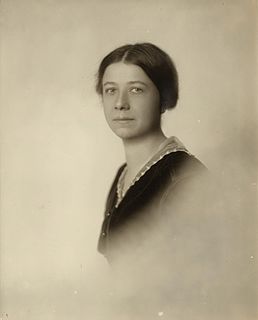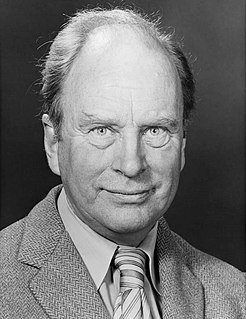A Quote by John Ortberg
The greatest bloodbaths in the history of the human race were recorded in the twentieth century in countries that sought to eliminate God, worship, and faith.
Related Quotes
The recently ended twentieth century was characterized by a level of human rights violations unparalleled in all of human history. In his book Death by Government, Rudolph Rummel estimates some 170 million government-caused deaths in the twentieth century. The historical evidence appears to indicate that, rather than protecting life, liberty, and the pursuit of happiness of their citizens, governments must be considered the greatest threat to human security.
The greatest achievements in the science of this [twentieth] century are themselves the sources of more puzzlement than human beings have ever experienced. Indeed, it is likely that the twentieth century will be looked back at as the time when science provided the first close glimpse of the profundity of human ignorance. We have not reached solutions; we have only begun to discover how to ask questions.
Worship is yet another paradox of the religious life: it is simultaneously the greatest duty and the greatest pleasure of faith. Worship is the act of truly loving God. Believe in this brilliant Being, this magnificent "higher power," who not only created us but nurtures us with care and intelligence beyond our imagination, and obviously we are called to worship Him.
Film is more than the twentieth-century art. It's another part of the twentieth-century mind. It's the world seen from inside. We've come to a certain point in the history of film. If a thing can be filmed, the film is implied in the thing itself. This is where we are. The twentieth century is on film. You have to ask yourself if there's anything about us more important than the fact that we're constantly on film, constantly watching ourselves.






































